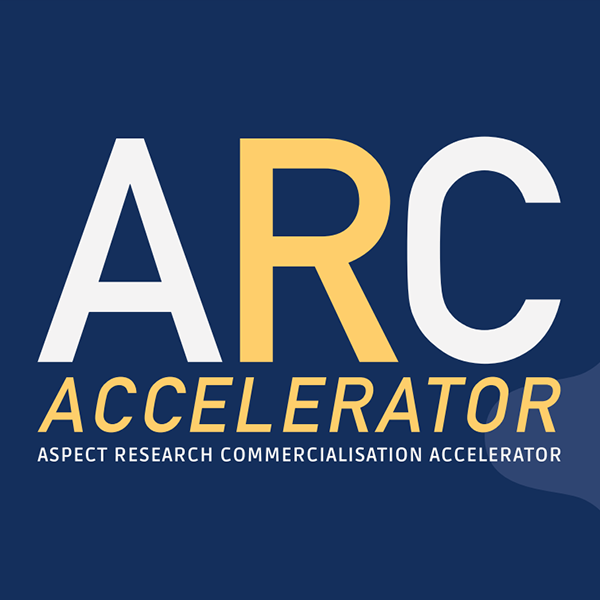There were and remain many reasons to be pessimistic in 2021 and none more so than at the height of the second COVID-19 wave in January 2021 in the UK, and across the world. Which is why we felt privileged to be able to usher in the second cohort of the ARC accelerator on a cold, dark January day for our first zoom training session.
Working with startups of any kind requires a bias to optimism; optimism about their chances as a venture, optimism that there is a path from idea to business, and optimism about the way they will in their own way change the world in which we live. Social science entrepreneurs are a pioneering group, seeking to change the world through their innovative, creative and disruptive ideas. Drawn from a wide disciplinary focus, the first cohort of the ARC Accelerator has provided new avenues for positivity as well as ground-breaking research-led venture propositions. Following a competitive process across the ASPECT institutions to support, develop, and encourage proto-social science academic entrepreneurs, the ARC Accelerator received a large number of applications, providing an insight into the appetite for ways to commercialise social science research.
It is an unbelievable privilege to work with such an amazing, diverse group of budding academic social science entrepreneurs, daring to change the fundamentals of our society and economy, and pioneering new ways to commercialise their research – fundamentally, to impact the populations the researchers are drawn to impact, and delivering new ways to stimulate our economy; change our health outcomes; or improve our democratic process.
So who are these social science pioneers, providing the rays of sunshine through a gloomy winter? Loosely defined, they are spread across five areas:
- Health and social care
- Arts and the Humanities
- International Development
- Government and policy
- Education
Health and social care is unsurprisingly one of the largest categories with a slew of innovative ventures looking to improve outcomes:
- So What-app ends (great name we can all agree!) aims to help young people leaving care with guidance and support
- On Track from our new partners the Royal College of Arts is a rehabilitation programme for stroke victims to take control of their own recovery
- Sam Squared is a health intervention to measure, predict and change health behaviours such as stress, eating problems or trichotillomania (hair pulling)
- Children’s Voices aims to put young people at the heart of policy interventions designed to help them, giving them buy-in and stakeholder input
- The Age of Love is a social venture that aims to improve the health and wellbeing of older adults by supporting conversations about intimacy, sex, and love.
Our next largest segment is Government and policy, with researchers looking to augment better government or better policy through their innovations:
- CODES (Collaborative Democratic Solutions) aims to take research into the minds of voters and citizens and use them to create better electoral and consultative processes for government
- Stride Consultants aims to improve the process of policy making from design and measurement to evaluation combining multiple social science disciplines to improve policy outcomes
ARC also began formally accepting applicants from the Arts and Humanities in this cohort and we have three wonderful entries:
- Set, Ready, Safety is a digital training, safety and compliance app for film production
- SPARC consultancy from Sheffield has pioneered audience analytics to help performing arts better serve their audiences
- MFL Mentoring, one of the most mature ventures on the programme is a teaching and digital platform to help children take up a second language by developing understanding and motivation
In International Development, Access to Microfinance for Refugees aims to bridge the gap between financial services and the poor by providing an equivalent to a credit score based on financial and non financial data.
In Education, Eduselect provides a new teacher recruitment and classroom preparedness products to help recruit and prepare teachers.
Finally, targeting the business world:
- Equal Futures is a transformative consultancy aimin to help large organisations (including universities) achieve equality and inclusion based on years of insight, consulting and expertise on which policies and how to include them
- Culturelytics takes social and data science from cultural evolution to provide analytics tools on company culture and values providing insight and predictions into how they work
It is a testament to the world-changing research being carried out in the SHAPE disciplines across the universities involved in ASPECT to have such a breadth and depth of experience, disciplinary focus and innovative ideas within the ARC Accelerator. Each researcher’s expertise brings new dimensions to the cohort, expanding the range of possibilities available for the current cohort and the development of a nascent social science academic entrepreneurial community.
As each project develops, expands and innovates, we’ll be keeping you updated – so stay tuned to hear more about their journey.




